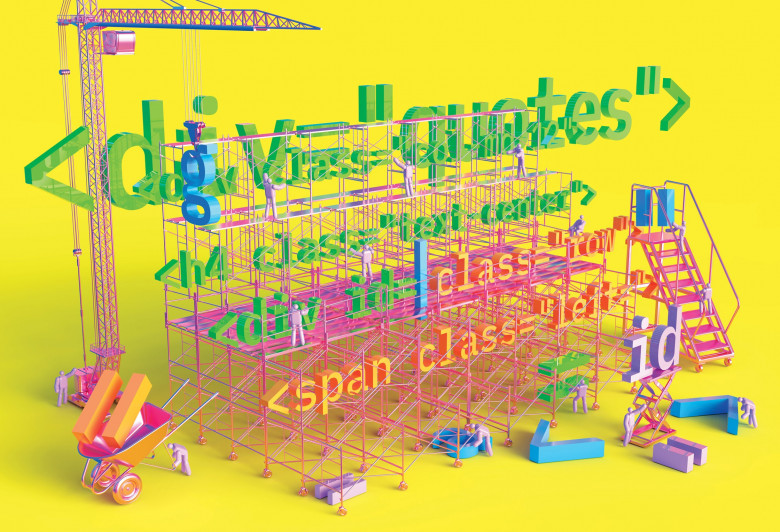It’s Like GPT-3 but for Code—Fun, Fast, and Full of Flaws

Code pours from Feross Aboukhadijeh’s fingers.
As a devotee of the open source software movement, he has written immensely popular web apps, peer-to-peer file exchanges, and more than 100 other pieces of code that he has given away, all in the 10 years since he graduated from college. Lately, though, Aboukhadijeh has entered a new kind of flow state, helped along by a tool called Copilot. It’s a piece of artificially intelligent software that does some of the typing, and the thinking, for him.
Built by OpenAI, the private research lab, and GitHub, the Microsoft-owned website where programmers share code, the tool is essentially autocomplete for software development. Much as Gmail tries to finish a sentence as you write it, Copilot offers to complete a chunk of your program. The tool was released last summer to a select group of coders. Aboukhadijeh quickly discovered that Copilot was good, almost unsettlingly so. He would begin typing a line of code, and within a few seconds the AI would figure out where he was headed—then, boom, the next four or five full lines would show up as light gray text, which he could accept by hitting Tab. When he saw it produce clean code that did exactly what he was intending, he found it a bit uncanny. “How is it getting these predictions?” he recalls wondering. “Some of them are really eerie.”









































































